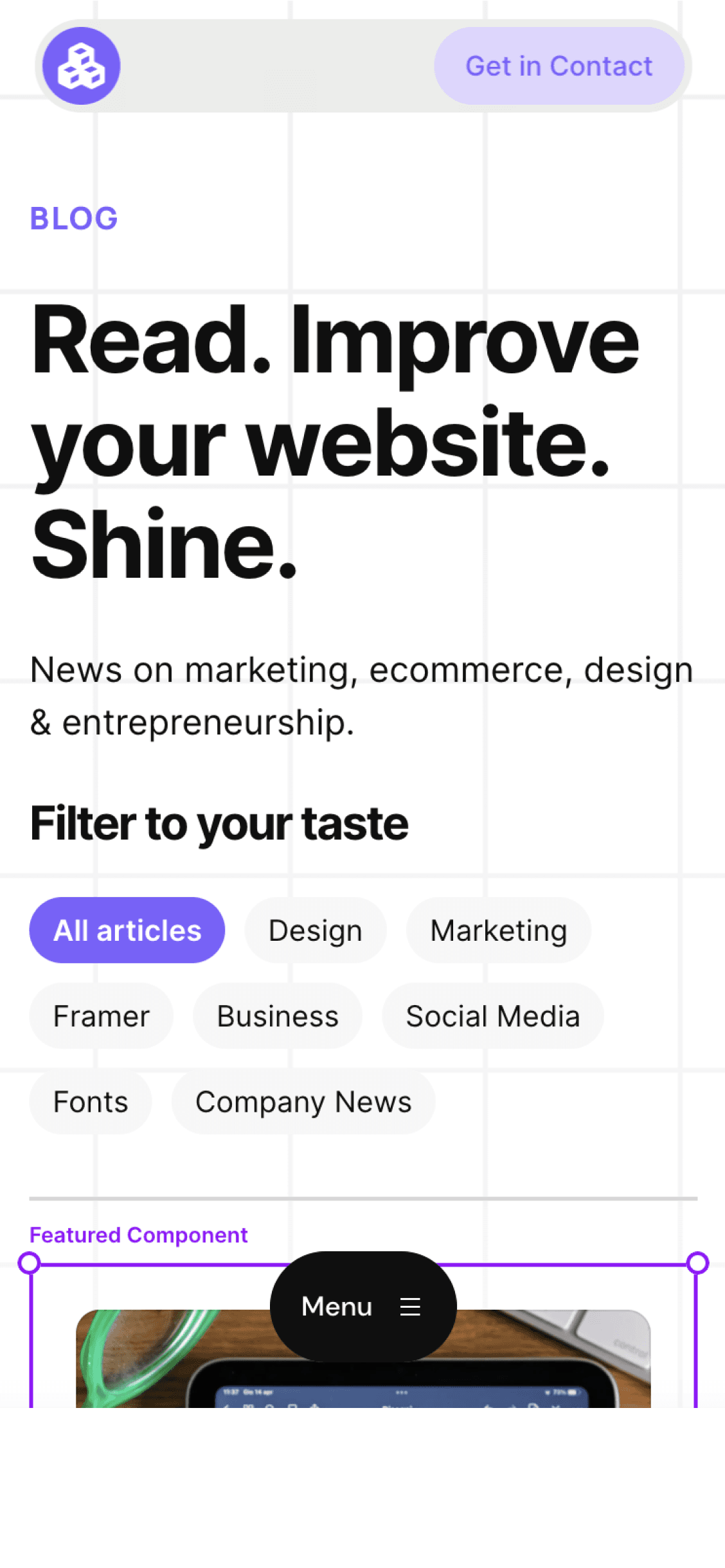All articles
The evolution of SEO: from keywords to customer-centric strategies
In today's fast-paced online marketing world, SEO, or Search Engine Optimization, has undergone significant transformations. Gone are the days when SEO primarily revolved around keywords and link building. Now, the focus has shifted towards quality, user experience, and authority. In this blog, we will explore the seven key differences between traditional and modern SEO approaches to help you stay at the top of search engine rankings.
3
min read
Oct 11, 2023
Subscribe Wrapper
Get notified whenever we post a new blog
Learn more about writers' expertise on web design, web development, SEO, tools and much more!
Get Notified
Share our blog on your socials. Let people know!
SEO is an ever-changing field, and staying ahead of the curve is crucial for online success. In this blog, we'll delve into the evolution of SEO, drawing insights from the latest strategies that prioritize customer-centricity, quality content, data-driven decision-making, and more. By the end of this article, you'll be equipped with the knowledge to adapt and thrive in the dynamic world of SEO.
Source: Information adapted from Gust - SEO of the Future
Shifting from keywords to customer understanding
In the past, SEO experts focused on identifying the right keywords to rank higher in search engines. Today, the key lies in understanding your audience. What questions do they have? What are their goals and concerns? By addressing these, you can create genuinely valuable content that resonates with your target audience.
Quality trumps quantity
Traditional SEO often emphasized churning out a high volume of content, irrespective of its quality. In the modern landscape, it's not just about writing; it's about delivering content rich in deep expertise and knowledge.
Content creation takes the lead
While traditional SEO involved optimizing existing content, modern SEO places a premium on creating original and useful content. Refreshing high-performing posts is still essential but creating new, valuable content is paramount.
Data-driven decisions
In the past, SEO professionals mainly monitored metrics like rankings, traffic, and conversions. The new approach leverages various tools and real user and business data for optimization, ensuring continuous improvement.
The value of high-quality link building
Link building remains indispensable, but the focus has shifted from acquiring as many backlinks as possible to securing relevant, authoritative links from trusted sources.
Emphasizing EEAT
Search engines, including Google, stress the significance of EEAT - Experience, Expertise, Authoritativeness & Trustworthiness. Websites showcasing these qualities are more likely to be featured prominently in search results.
The multichannel approach
Modern SEO extends beyond your website to encompass various formats like videos, podcasts, and social media posts. It transforms SEO into an all-in-one strategy, akin to a PR department that brings everything together and publishes across multiple channels.
Conclusion
In a world where SEO practices continue to evolve, embracing these new strategies is essential for businesses aiming to not only rank higher in search engines but also build lasting relationships with their customers. By staying informed and adapting to the changing landscape, you can boost your SEO game and ensure long-term success.
Frequently Asked Questions (FAQs)
What is the main difference between traditional and modern SEO?
Traditional SEO focused on keywords and quantity of content, while modern SEO prioritizes understanding customers, quality content, and data-driven decision-making. It's more customer-centric and holistic.
How can I shift from keyword-centric to customer-centric SEO?
Start by understanding your audience's questions, goals, and concerns. Create content that genuinely addresses their needs and provides value. Utilize QPAFFCGMM (Questions, Problems, Anxieties, Fears, Frustrations, Concerns, Goals, Myths, Misunderstandings) to guide your content creation.
Is link building still important in modern SEO?
Yes, but the approach has changed. High-quality link building from relevant, authoritative sources is more valuable than acquiring numerous backlinks. Focus on building a strong link profile.
How can I ensure my website meets the EEAT criteria (Experience, Expertise, Authoritativeness, Trustworthiness)?
Demonstrate your expertise through in-depth content, showcase your authority in your niche, provide a trustworthy user experience, and highlight your experience and credentials where relevant.
What tools are essential for modern SEO?
Modern SEO relies on various tools for data analysis, keyword research, and tracking results. Some popular ones include Google Analytics, Google Search Console, SEMrush, and Moz. Use these tools to optimize and monitor your SEO efforts.
Subscribe to our newsletter
Learn more about writers' expertise on web design, web development, SEO, tools and much more!
We care about your data in our privacy policy.

Cédric subscribed to the newsletter! 🎉
Welcome to the Welleton Digital Agency blog!
Michiel just posted 2 blogs about marketing & design.
Thanks for sharing the blog with your friends!



